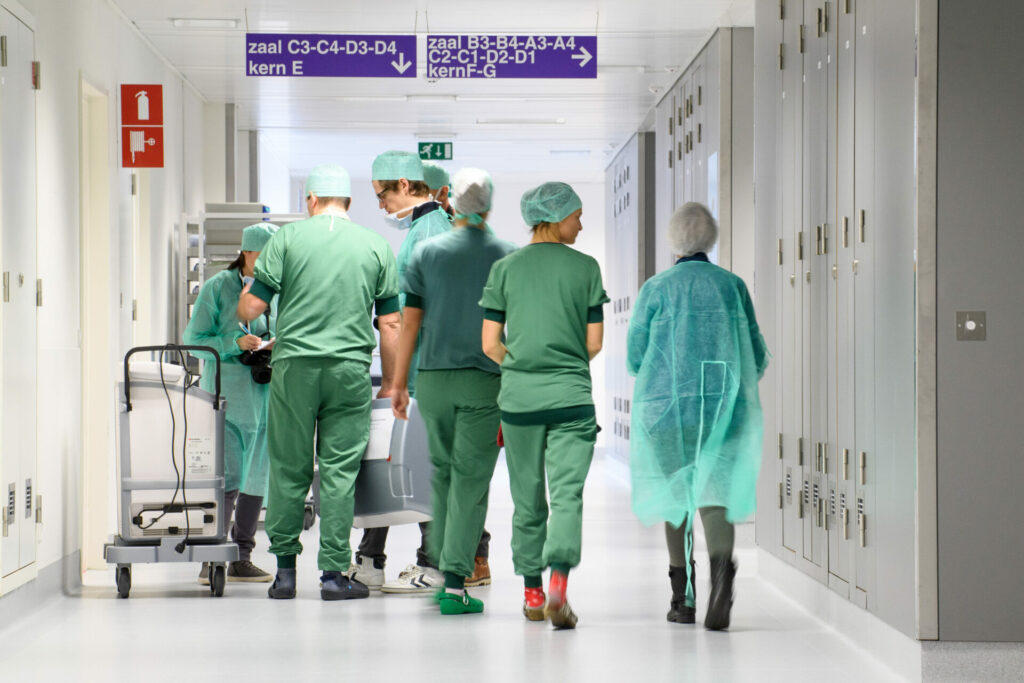Many Belgian hospitals do not have effective ventilation systems in place, meaning that the chances of patients catching other diseases while in hospital are higher.
A series of investigators armed with CO2 measuring devices visited 25 major Belgian hospitals as part of consumer protection organisation Test Achats' research into the air in Belgian hospitals. Well-ventilated air is essential for public health, especially in healthcare facilities such as hospitals, Laura Clays, spokesperson for Test Achats, explained.
"Aerosols and the CO2 that we emit when we breathe, speak, sneeze or cough are potentially contaminated with micro-organisms, bacteria or viruses. The Covid-19 crisis has made us realise that these microbes pollute the air we breathe and are damaging to our health," she said.
The results of the investigation showed that many Belgian hospitals are not adequately ventilated or do not have a sufficiently efficient ventilation system.
Of the 25 hospitals visited by Test Procurement, the CO2 values of only three hospitals were below the 800 ppm limit, the threshold value set by the High Health Council (HGR). Seven hospitals had values above 800 ppm (and often even 1,000 ppm) in more than half of the rooms tested. The highest CO2 values were measured in cafeterias, as it is impossible to keep a mouth mask on while eating and drinking.
The lack of ventilation in these hospitals means that there is a greater risk of spreading diseases such as flu, tuberculosis, colds and Covid-19 spreading and of contamination by other airborne pollutants. "People go to hospitals to be treated, not to fall ill," Clays said.
Related News
- Belgian Red Cross blood reserves at all-time low after Christmas holidays
- World Health Organisation raises concerns amid surge in measles cases in Europe
While a law was passed in 2022 to improve indoor air quality in enclosed public spaces, including hospitals, no reference levels or certification systems have been introduced.
Test Achats has now passed on the results of its research to Federal Health Minister Frank Vandenbroucke, asking him to "respond to the worrying results of the survey and take action."

